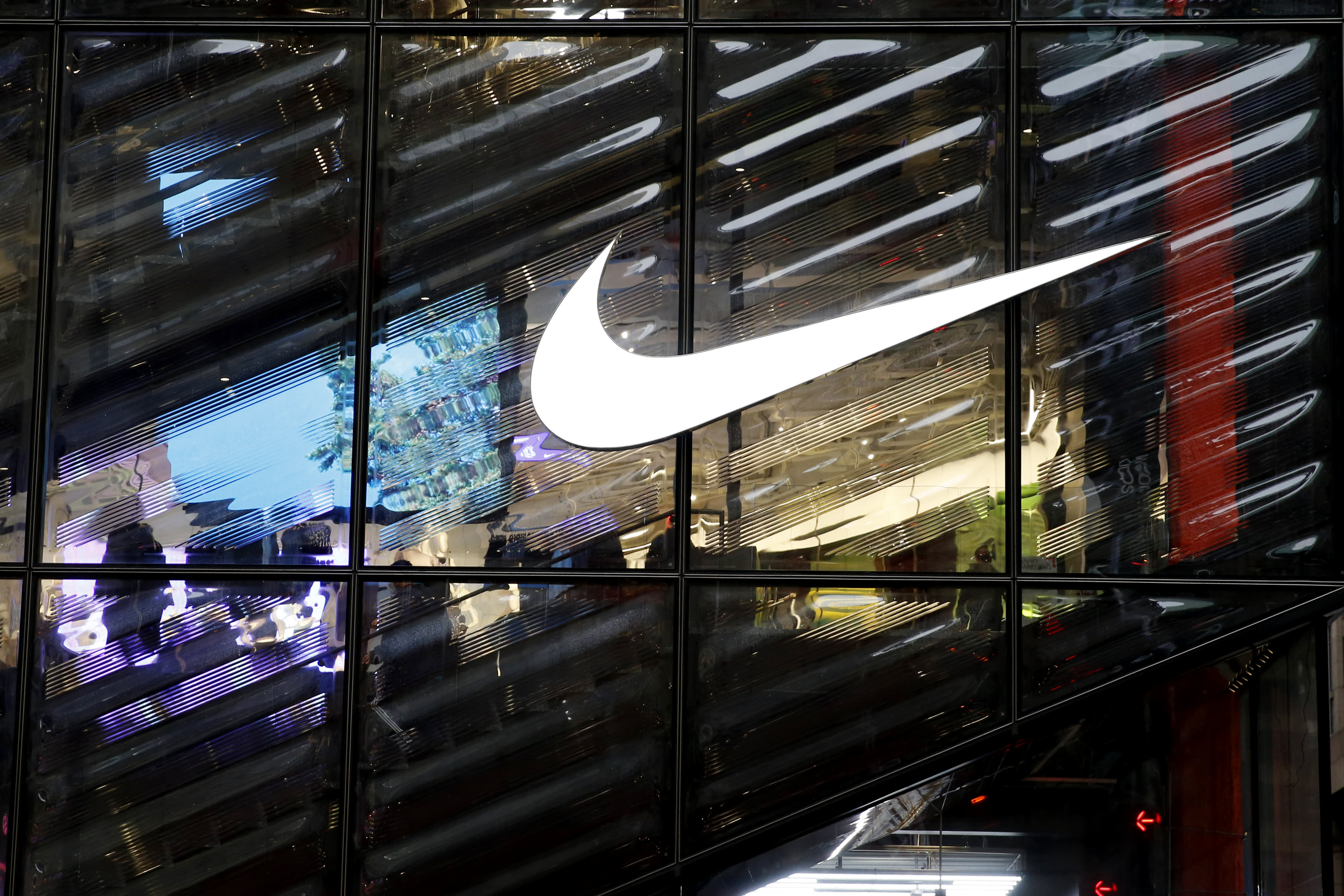The Nike logo is seen on the Nike store on February 22, 2021 in New York City.
John Smith | Corbis News | Getty Images
Nike has laid out a five-year roadmap to creating a more diverse and inclusive workforce, the company announced Thursday, as corporate America is increasingly being held accountable for their values and the actions that come with them.
For the first time, Nike said, it will also be tying its executive compensation to the company making progress in deepening diversity and inclusion throughout its workforce, protecting the planet, and advancing ethical manufacturing. It didn’t offer further details but said compensation would be tied to the company hitting its 2025 goals.
“We’re proud of the successes we’ve seen, but we know the work is still just beginning,” President and Chief Executive Officer John Donahoe said in a letter addressing the five-year targets. “We are also redefining what responsible leadership looks like.”
In outlining the progress Nike made in 2020, the sneaker maker said it has increased representation of women globally across its business to 49.5%, from 48% in 2015. Representation of racial and ethnic minorities, meantime, at the vice president level in the United States increased to 29% last year, from 15.9% in 2015. Nike also highlighted the fact that its 2020 intern class was its most diverse ever, with 55% of its 310 interns being women, and 49% representing racial and ethnic minorities.
By 2025, Nike said, it aims to achieve 50% representation of women in its global corporate workforce (which doesn’t include retail store and warehouse workers), and 45% representation of women in leadership positions (VP level and above). It’s targeting 35% representation of racial and ethnic minorities in its U.S. workforce by then, too.
Nike also said it will invest $125 million over the next five years to support businesses that work to “level the playing field” and address racial inequalities.
Last year, following the murder of George Floyd by a police officer in Minneapolis, Nike was one of a number of corporations that got behind a social justice movement and pledged to serve communities with a more diverse workforce. In June, it announced a $140 million commitment on behalf of the Nike and Jordan brands, and former NBA star Michael Jordan, to support businesses that help educate and promote Black Americans.
“Our brand would not be what it is today without the powerful contributions of Black athletes and Black culture,” Donahoe said in the letter.
Nike has faced its share of criticism in recent years, though, for how it treats both women and employees of color.
In late July 2018, it announced salary bumps for more than 7,000 workers and pledged to change and how it was awarding annual bonuses to its global staff, in an attempt to address concerns about pay equity and corporate culture.
A year later, it started revising terms in new contracts to support athletes during pregnancy, after it was criticized for slashing pay of some female stars with children.
Nike said its 2020 pay-equity data revealed that for every $1 earned by men globally, women earned $1. And for every $1 earned by white employees in the U.S., racial and ethnic minority employees earned $1 as well, it said.
By 2025, Nike is pledging to maintain 100% pay equity across all employee levels, on an annualized basis.

